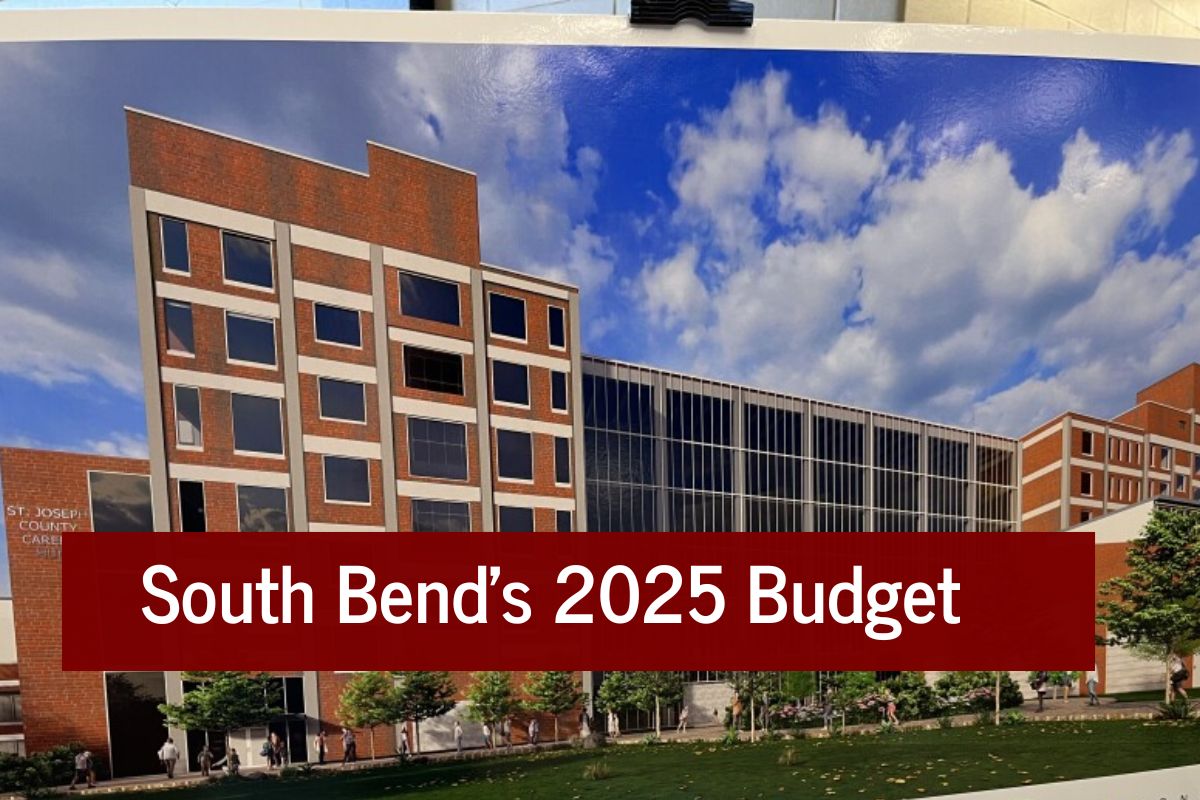The Social Security Administration remarkable decision to set the full retirement age at 67 for individuals born after 1960 positively impacts retirement planning for millions of Americans. This change phased in over a number of decades could affect you if you were born from 1943 to 1959, which puts your full retirement age between 66 and 66 years 10 months. Those born in 1960 or later now theirs full retirement age is 67. Understanding this change is important for you to make informed decisions about when to claim your Social Security benefits and enjoy a secure retirement.
Navigating the complexities of Social Security and retirement age can feel overwhelming, especially as regulations evolve. For many the concept of retiring at a specific age is tied to receiving their full Social Security benefit. When you reach your full retirement age, you are entitled to 100% of the Social Security benefit calculated based on your earnings history.
Social Security Full Retirement Age Changes 2025
The 1983 Social Security Amendments gradually increased the FRA from 65 to 67 over several steps, taking into account that it would increase in two-month intervals as well. For those born in 1959, they would be 66 years 10 months old in 2025. For all those born in 1960 or later, the full retirement age will be 67.
Your full retirement age is an important number for those seeking Social Security benefits. This age decides when you get your full monthly payment, based on your work history. It is not the same for everyone it may be changes based on when you were born.
| Year Of Birth | Full Retirement Age | Earliest Claiming Age | Latest Claiming Age for Maximum Benefit |
| 1943-1954 | 66 years | 62 years | 70 years |
| 1955 | 66 years 2 months | 62 years | 70 years |
| 1956 | 66 years 4 months | 62 years | 70 years |
| 1957 | 66 years 6 months | 62 years | 70 years |
| 1958 | 66 years 8 months | 62 years | 70 years |
| 1959 | 66 years 10 months | 62 years | 70 years |
| 1960 and later | 67 years | 62 years | 70 years |

Understanding New Full Retirement Age
FRA is the age at which you qualify for 100 percent of your Social Security benefits. This amount is based on your lifetime earnings. Your monthly benefit will be lower if you claim benefits before your FRA. If you wait to take benefits until after your FRA, you may also increase your payments. If the year is 1960 or later, you can retire at 67. This set by Law changes made to Social Security in 1983. Over many years, these changes slowly raised the FRA to make Social Security stronger for the future. You won’t get all the benefits you’ve earned until you turn 67.
If you claim benefits before your FRA, you will get a permanent cut. The amount of money you get each month might go down by about 30% if your FRA is 67 and you start collecting at 62. But if you wait past age 67, your payment will go up. You get credits for each year you wait until after age 70 to retire. These credits add about 8% per year to your benefit.
What You Need to Know About Your Retirement Plan
- 67 years old is when you can fully retire if you were born after 1960.
- You will get less money forever if you getting benefits before age 67.
- If you wait to collect until you are 70 years old, you can get a lot more money a month from Social Security.
- You have to think about your health, other savings and the needs of your family before you decide to file a claim.
Planning For Your Retirement Around Age 67
If you have a full retirement age of 67, you may have to reconsider what your retirement will look like. When you stop working and how much money you need saved may change because of this change. Take some time to think about what this new era means for your money.
The Impact on Your Retirement Timeline
Maybe you should rethink your plans if you wanted to retire before age 67. There are two options: you could work longer or retire early and take a smaller Social Security payment. It’s all about finding a balance between your wants and your financial situation with this change. Consider how much you want to continue working.
Ways to get more work done
With the right plan, it can be easier to work until age 67. You could look for part-time work or switch careers to ones that aren’t as demanding. Getting better at things can also keep you valuable to employers. Working past the age of retirement brings a lot of happiness and purpose to a lot of people.
Putting money away and investing for the future
You can save more money if you wait to retire a little longer. Your 401(k) or IRA can grow a lot with this extra time. You can also change how your investments are set up so that they earn more before you need to use them. Go over your savings goals again and make sure they still work with the new date you want to retire.
How to Get Your Maximum Social Security Benefits
One major decision is when to begin taking Social Security benefits. With a full retirement age of 67, this decision matters a lot to you. Each choice you make will have an effect on your monthly income. There are clear benefits to waiting to claim Social Security until after your full retirement age. Each year you delay, up to age 70, your monthly check grows larger. These “delayed retirement credits” can lead to a much more comfortable income later on. And this extra money can really make a difference in your latter retirement years.
Your payments will always be less if you start getting benefits before your FRA of 67. For example, if you claim at age 62, your monthly check could go down by about 30%. With this lower payment, you will get less money over the course of your retirement. Before you decide, give this long-term effect a lot of thought.
For each person, there is a different best time to get Social Security. If you expect a your life is shorter then claiming earlier may make sense. Look at your other sources of income like pensions or savings to see if you can afford to delay. Your relationship status may also affect this big choice.
For people born after 1960, the full retirement age in the US is 67. This is an important part of your retirement plan. Knowing this age helps you decide how to spend your Social Security benefits in a smart way. It changes how much you need to save and when you can quit your job. To enjoy your future, plan ahead and start planning early.
FAQ’s
Q1: Can I work and get Social Security if I am 67 years old and ready to retire?
People of different ages can work and get Social Security at the same time. If you start getting benefits before you turn 67, they may be cut if you make more than a certain amount. When you reach full retirement age, you can work as much as you want and still get the same amount of Social Security.
Q2: What if I was born in 1960?
67 years old is the exact age you can retire if you were born in 1960. You have to be this old before you can get all of your earned Social Security benefits. This is the clear end of the new retirement age.
Q3: How does retiring at 67 affect my Medicare eligibility?
Your full retirement age of 67 for Social Security does not change your Medicare eligibility. You still become eligible for Medicare at age 65, no matter your Social Security FRA. When someone turns 65, most of them sign up for Medicare.












